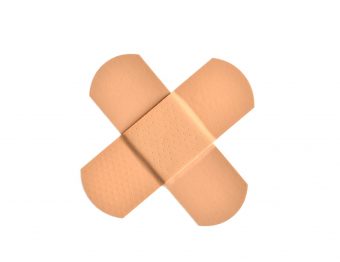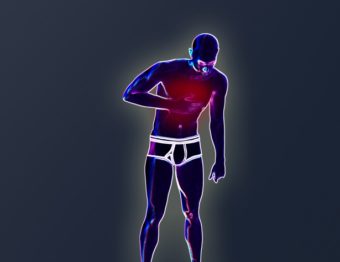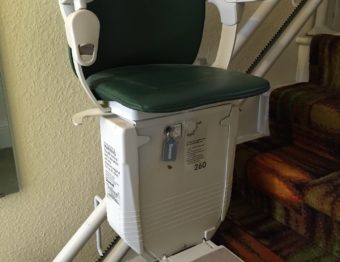
Addiction is something that touches nearly everyone’s life in some form or another. Maybe you have an uncle who is never seen without a Scotch on the rocks. Perhaps you wake up in the middle of the night to have a cigarette. Maybe that nightly glass of wine has turned into a nightly bottle of wine. Whatever the case may be, addiction is a very real problem for many people, whether directly or indirectly.
So what causes addiction? There are many theories on the cause of addiction, and often a person will exhibit signs that point to more than one of those theories. It is widely thought that genetics play a big part in addiction, but the “nature v nurture” argument comes into play as well, since a child who grew up seeing his father drink daily may be conditioned to consider that a normal part of daily life. Mental illness also plays a part in most people dealing with addiction, since it can be easier to cope with a “noisy” brain by dulling it with drugs or alcohol.
Addiction can be a difficult thing to deal with for most people, especially since substance abuse changes the chemistry of the brain over time. For example, a person who drinks to deal with depression may find their mental state worsening over time, since alcohol acts as a depressant. The increase in depression could lead to an increase in alcohol intake, and this cycle can be incredibly difficult to break out of.
For many people dealing with addiction, outside assistance is required and can make the recovery process much easier. In addition to treating any underlying mental disorders, a qualified psychiatrist can prescribe medication to make withdrawal symptoms easier to manage. Cognitive behavioural therapy and schema therapy are both options that can help people suffering from addiction.
Cognitive behavioural therapy is one of the most common forms of psychotherapy and is a highly effective method. A trained psychologist will work with you to help you change your thinking patterns in order to better perceive and react to the world around you. CBT is generally goal-based and short-term (five to 10 months is a standard turnaround time). You will explore the underlying reasons for your addiction and learn healthy ways to deal with cravings. Understanding your addiction is crucial to achieving and maintaining sobriety.
Schema therapy focuses more on past experiences that have helped to shape the way you think and behave today. Remember the kid who grew up seeing his dad drink daily? He would be a perfect candidate for schema therapy, since it is a behaviour that is rooted in his past.
Regardless of which method is used, addiction is a problem that can be overcome with patience, support, and medical help. Remembering that addiction is a disease is important, since many people feel that there is a stigma attached to substance abuse. With the proper treatment, sobriety is absolutely achievable.





